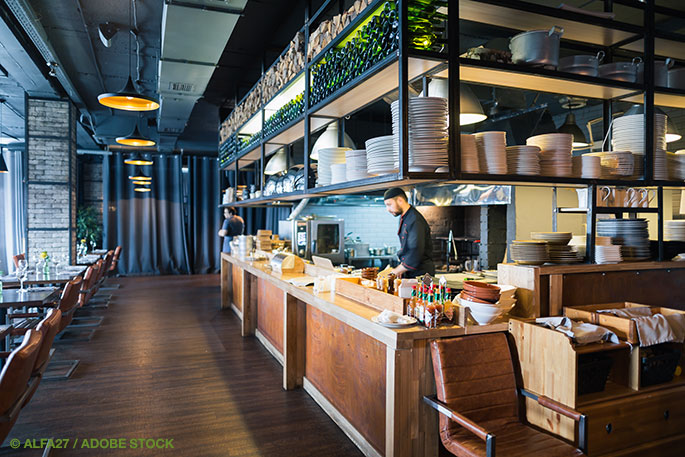
American eateries throw away a lot of leftover food. Fortunately, restaurateurs can find many ways to donate excess meals, ingredients, and oils. This approach helps people who suffer from inadequate nutrition. Restaurants donating leftover food prevents waste and protects the environment as well. A business might also save money on taxes or trash disposal when it makes donations.
Homeless Shelters
Numerous shelters accept safe leftover food from local eateries. If you own a restaurant, you can donate entire meals, side dishes, desserts, or unused ingredients. However, these charities normally don’t take uneaten food that was served to customers. Federal law protects businesses from liability when they contribute meals to nonprofits.
Food Banks
Most food pantries don’t allow people to donate leftover meals. Nonetheless, you can give surplus canned, bagged, or boxed ingredients to them. Some banks also accept fresh vegetables. The Greater Chicago Food Depository takes frozen and refrigerated goods. It dispatches trucks to donors’ business locations.
Cooking Oils
You can’t compost fats or used oils, and they might clog pipes if you dispose of them improperly. Luckily, you have the option to give these substances away. Some public agencies and nonprofits collect them; Rhode Island’s Project TGIF accepts used cooking oils. It converts them to biodiesel and gives the fuel to charities that help low-income families heat their homes.
Farms, Zoos
Certain animals could benefit from your restaurant’s leftovers, such as cows and pigs. For example, these creatures eat surplus food from the Rutgers University cafeteria. This solution is more economical for Rutgers than conventional waste disposal. It’s best to leave out cheese, milk, yogurt, meats, and high-sodium foods when donating to a farm or zoo.
To sum it up, restaurants can donate leftover food and used oils in several effective ways. Homeless shelters generally accept the widest range of donations. Zoos and farms can take most food that isn’t fit for people. If transportation is a problem, a charitable organization might be willing to pick up the leftovers.




































































































































 Three Ways to Engage Teams and Clients to Maximize Your Recycling Program Engagement
Three Ways to Engage Teams and Clients to Maximize Your Recycling Program Engagement  How to Integrate Accessibility Into Your Sustainability Planning
How to Integrate Accessibility Into Your Sustainability Planning  Why Park Benches Can Promote Workplace Well-Being
Why Park Benches Can Promote Workplace Well-Being 
